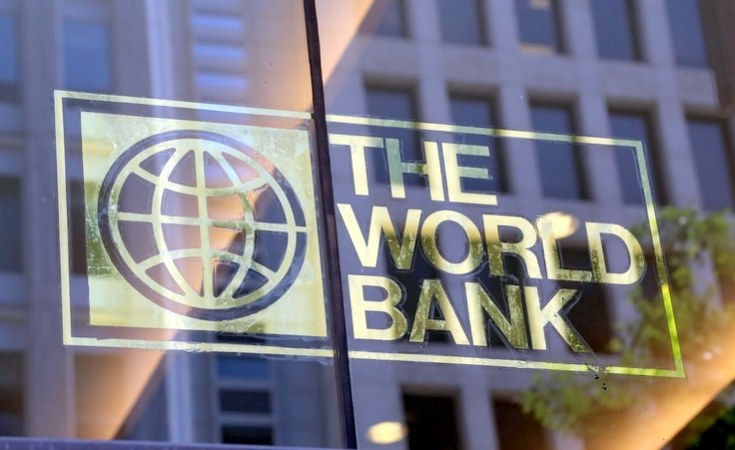The G20 finance ministers met last week in Germany to discuss critical challenges facing the global economy, from climate change to migration to humanitarian emergencies like the unfolding famine in parts of Sub-Saharan Africa and the Middle East.
I left the discussions encouraged by the shared commitment to deal with these key issues. I shared how the World Bank Group is working to provide at least $1.6 billion for the famine-affected countries, steering funds to help those most vulnerable.
One of the most important undertakings at the G20 meeting, under Germany's leadership, was the need to place a higher priority on the growth and development of Sub-Saharan Africa. There are many reasons, apart from the famine, why it is important to sharpen our focus on Africa.
The end of the commodity boom hit the region hard. In 2016, Sub-Saharan Africa's growth slowed to an estimated 1.5 percent, the weakest pace in over two decades, as commodity exporters adjusted to low prices. That's well below the annual economic growth the region was seeing before the global crisis. Regional GDP per capita contracted by 1.1 percent in 2016. Capital flows to the region, including FDI, declined in 2016. Overall investment growth dropped to near-zero in 2015 after averaging 5 percent from 2010-2015.
But Africa has shown significant signs of economic resilience, with 41 percent of Africans living in countries that have average GDP growth rates of over 5.5 percent. And in 2017, Sub-Saharan Africa is expected to see a modest rebound in growth, to 2.9 percent, rising above 3.5 percent in 2018 as the region continues to adjust to low commodity prices. This is a great opportunity for the international community to partner with the people of Africa to create conditions for faster growth and more sustainable development.
Last December, a coalition of more than 60 governments—from both developed and developing countries—helped replenish the World Bank Group's International Development Association (IDA), our fund for the poorest, with a record $75 billion. Nearly 60 percent of this will be dedicated to Sub-Saharan Africa over the next three years, doubling IDA support for the region.
As part of the IDA funding, Africa is expected to have access to a significant level of resources through special finance windows to support regional programs and assistance to refugees, and an initiative to de-risk and mobilize private investment, especially in fragile environments.
A key priority is to help African countries invest in much-needed infrastructure by partnering with the private sector. The continent's infrastructure needs are estimated at $93 billion, about 15 percent of the region's gross domestic product. Right now, only $45 billion is invested in infrastructure—more than half of it being funded by the public sector. The financing gap is formidable, yet we know that investment in infrastructure can have a significant multiplier effect on growth for years.
At the same time, there are trillions of dollars of capital in the developed world seeking higher returns. We see tremendous opportunities in developing countries for private sector investment in areas like infrastructure, which is crucial for jobs and growth. To bridge this financing gap, we will work with governments and use our resources to de-risk and leverage more private sector investment.
On March 20, I will begin a visit to Tanzania and Rwanda to see how these countries have achieved results and what we can learn from their innovations. I hope to discuss the need for better coordination with the private sector in our efforts to help client governments improve the business climate and mobilize resources.
In these uncertain times, the World Bank Group will accelerate our support as countries in Sub-Saharan Africa work to reform their economies, diversify, and restore growth. Leaders understand the need for the tough second- and third-generation reforms that will lead to structural transformation. They know they cannot wait for sequential reforms, but need to work in parallel on many different fronts.
This sense of urgency will drive the World Bank Group's work in Africa over the next three years. Working together, we can help African countries achieve the next level of economic transformation and meet the aspirations of the people we serve.
Jim Yong Kim is the President of the World Bank Group.


